Fat Freezing
Trusted medical authorities confirm the safety of fat freezing as an effective approach to contouring your body without surgery. Approval of the procedure by the U.S. Food and Drug...
Perhaps you just had your teeth whitened, or you are planning to get a whitening treatment and are preparing for it. If you want to keep your teeth looking fantastic afterward, there are several important care tips that you can follow to avoid developing stains right away. Your dentist will give you helpful tips about brushing, but you may be wondering what you should stay away from to keep your Brite & Beautiful smile. These are some of the most destructive things to avoid after whitening your teeth.
Red wines can cause stained teeth. If you drink wine regularly, your teeth can develop a brown, gray, or purple tint. They may also appear duller and dingier. This happens because wine contains tannins, dyes, and acids. Tannins are plant-based organic biomolecules, and they interact with enzymes, bacteria, carbohydrates, and other substances in the mouth. As a result, those substances stick to the enamel of the teeth. In addition to contributing to discoloration, some of those substances can promote enamel decay. Acids are also hard on your enamel.
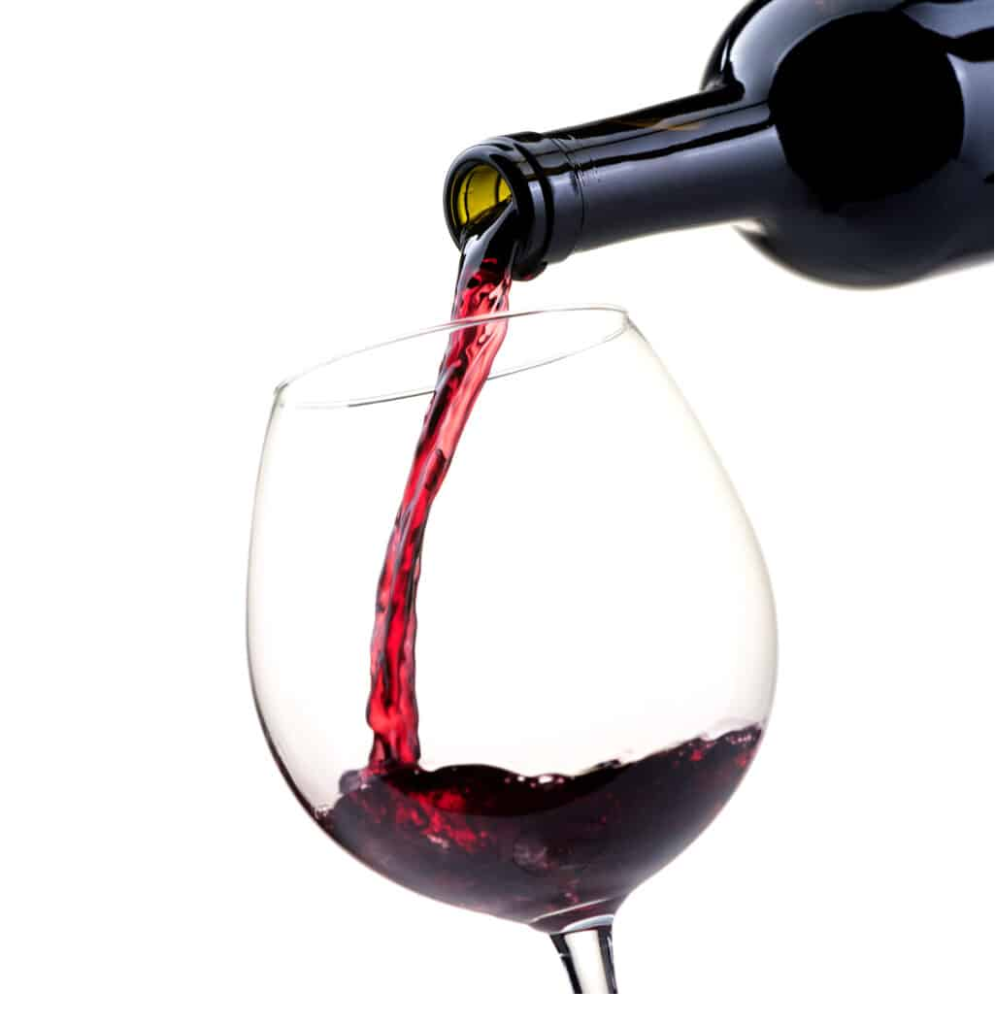

Tea also contains tannins that stain teeth. Many people believe that coffee is the biggest teeth-staining culprit, but tea has a higher tannin content and may actually be worse for causing stains.[1] This is especially true immediately after a teeth whitening treatment. If you drink tea every day or very frequently, your whitening treatment’s results may not last as long. Be sure to stay away from it for the appropriate amount of time after whitening, which we will discuss at the end of this guide.
The tannins in coffee cause discoloration on the enamel of teeth. If you are one of the many coffee lovers who consume a cup or more each day, you may notice that your teeth develop a yellowish tint over time. Although tea may have higher tannin content, coffee tends to be more acidic than many types of tea. The acid in coffee is not good for enamel and can increase sensitivity in the days following a teeth whitening treatment. Be sure to stay away from coffee completely immediately after your treatment, and wait the appropriate amount of time before drinking it again.

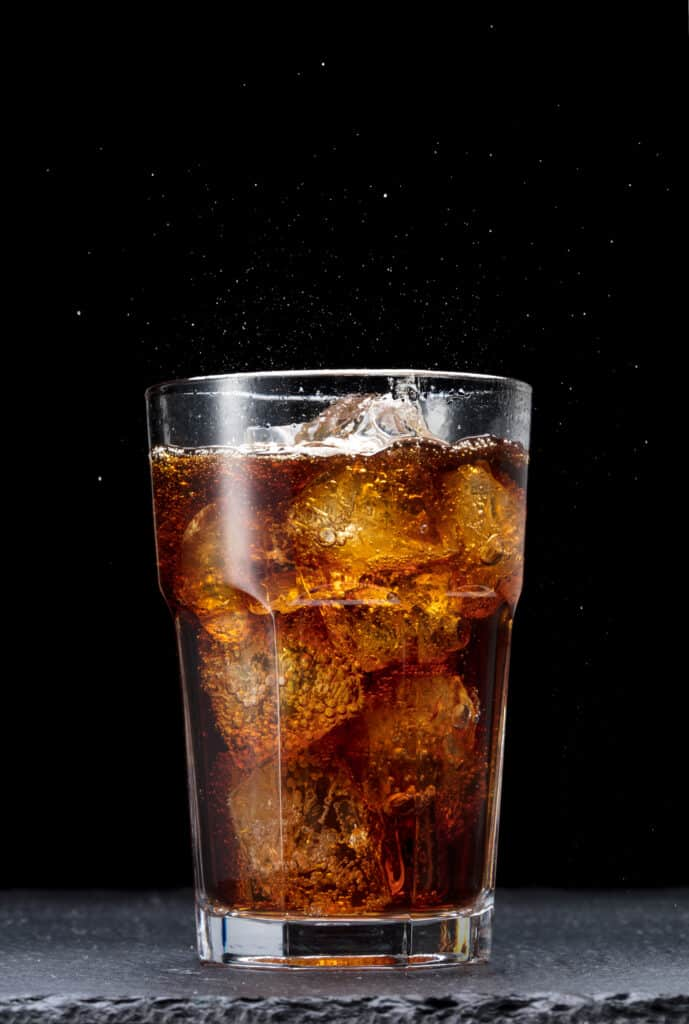
By now, you probably noticed a trend of darker-colored drinks causing stains on teeth and know that dark or colored sodas can stain your teeth after whitening. If you are thinking that light-colored sodas may be safe, the bad news is that they are not good for your teeth after a whitening treatment. All sodas can wreak havoc on your enamel. Since your teeth are more sensitive after whitening, and your enamel is susceptible to damage, it is better to just avoid soda. In laboratory studies, all dark and light-colored sodas damaged tooth enamel. However, the researchers found that ginger ale and several other non-cola drinks were especially harmful to enamel.[2] These findings applied to sugared and sugar-free sodas. The acidity and carbonation in soda are two reasons to avoid it after a whitening treatment.
After learning that sodas and wine are harmful to your teeth, you are probably not surprised to see beer on this list. One of the reasons why beer and soda are harmful to your teeth is because the carbonation turns to carbonic acid, which is destructive to the enamel.[3] Anything that is hard on your enamel may be unpleasant to consume after whitening because of sensitivity, and your teeth are also more susceptible to yellowing from beer stains in the days following a teeth whitening treatment.


Like coffee and wine, chocolate also contains tannins that stain your teeth. It can give teeth a yellowish tint over time. You may be wondering if white chocolate is safe, but it is still good to avoid it for at least a short time after whitening because of the sugar. After you are past the post-treatment food and drink restrictions, it is still good to maintain a habit of moderate sugar intake to reduce cavity risks.
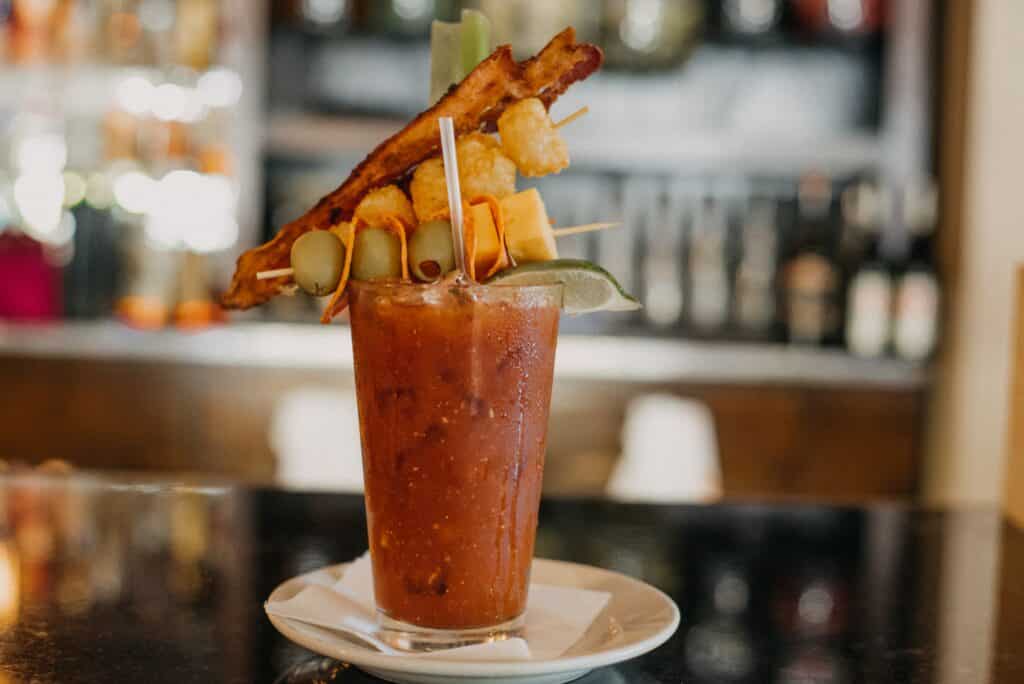
In the days following a whitening treatment, try to avoid any bright-colored or vibrant fruit juices. Many fruit juices contain added sugars, which contribute to sensitivity and enamel destruction. They are also somewhat acidic and can leave your teeth more susceptible to staining after whitening. Pomegranate, cherry, blackberry, raspberry, and blueberry juices are especially prone to staining teeth.
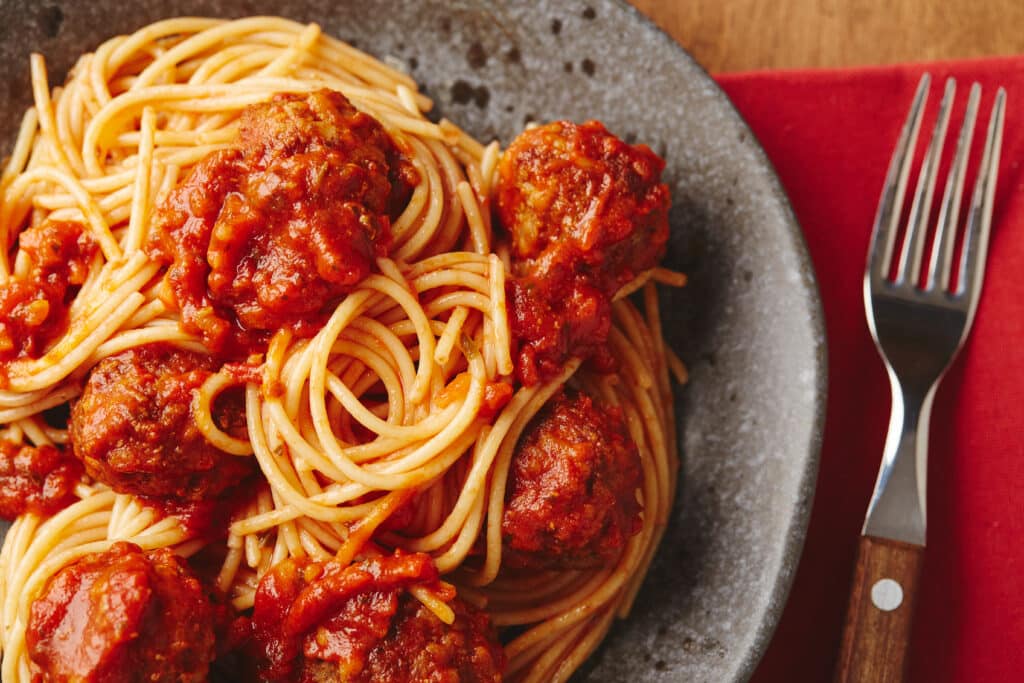
You now know that acidic drinks are hard on your teeth after whitening, but it is also important to be mindful of acidic foods. Pickled foods, meats that are highly processed, citrus fruits, and tomato-based dishes are some examples of foods that can cause stained teeth and can increase sensitivity after whitening. Also, be mindful of staining spices or condiments. For example, soy sauce and curry powder can stain teeth.
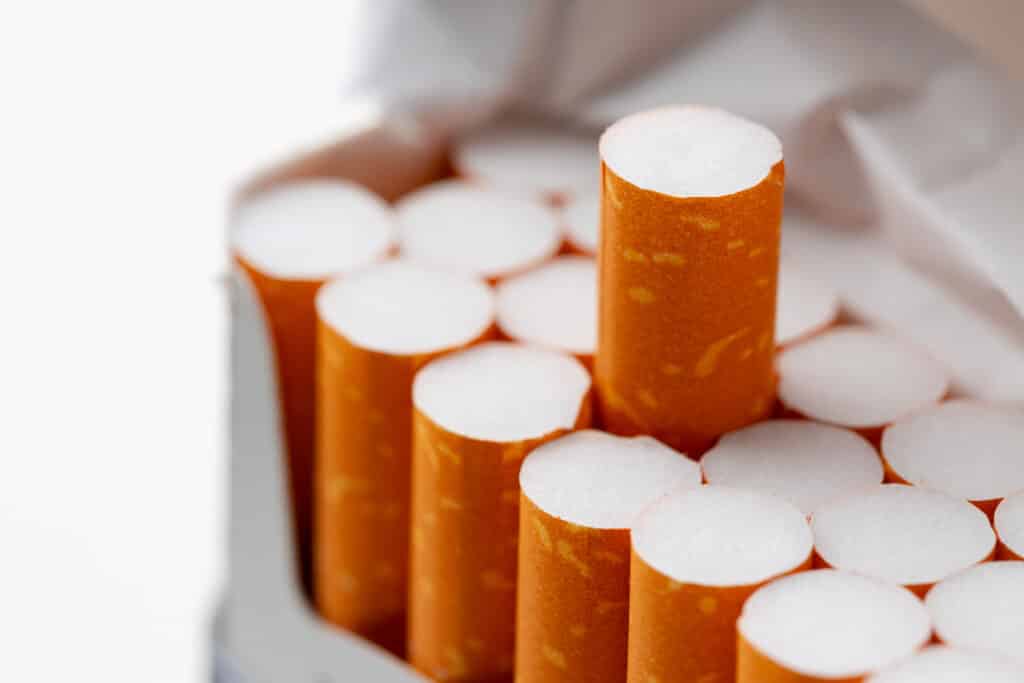
It is better to try to kick these habits completely for many health-related reasons, but it is especially important to avoid them in the days and weeks following your whitening treatment. Both tar and nicotine in tobacco stain teeth. When the nicotine mixes with oxygen, it causes a yellow discoloration.[4] Tar causes yellow or brown stains on teeth.
As a rule, anything that is dark, acidic, or staining is likely a bad choice after your teeth whitening treatment. However, this does not mean that you should never eat or drink dark foods and beverages again. You can still eat or drink colored substances, but many experts and dentists recommend waiting at least 48 hours after a whitening treatment to consume or use any of the items on this list. They may also recommend avoiding other specific things.
Although 24 hours is a minimum, it is better to wait longer if possible. When your stained teeth are professionally whitened, the pores are gently opened to remove the stains below the surface more effectively. Since it can take more than a day or two for some peoples’ pores to return to normal size, you may notice better results if you wait a week or two to resume consumption of foods and beverages that have a higher risk of staining your teeth. Also, you can slow staining by adding cream or milk to coffee or tea and drinking plenty of water with it. You could even add a pinch of baking soda which also reduces the acidity. Drinking water after consuming any staining food or drink is a good habit to develop. Be sure to pair that habit with following your dentist’s brushing and flossing instructions.
What should you eat or drink in the days following your whitening treatment? Aim for low-acid foods and beverages that are soft and lighter in color. Tofu, egg whites, chicken, white fish, white cheese, rice, pasta, and bread are some examples of foods that are better to choose immediately after a whitening treatment. If you have special dietary restrictions or complex health issues, it helps to ask a nutritionist about which foods are better for your specific needs after your professional teeth whitening treatment.
References
[1] https://www.colgate.com/en-us/oral-health/teeth-whitening/does-tea-stain-teeth
[2] https://www.webmd.com/oral-health/news/20040611/sodas-canned-teas-attack-tooth-enamel
[3] https://www.theatlantic.com/health/archive/2016/02/the-sad-truth-about-seltzer/433947/
[4] https://pubchem.ncbi.nlm.nih.gov/compound/Nicotine
Trusted medical authorities confirm the safety of fat freezing as an effective approach to contouring your body without surgery. Approval of the procedure by the U.S. Food and Drug...
There are a number of treatments that can make your face feel softer and look more youthful. One of the best things that you can do for yourself is...